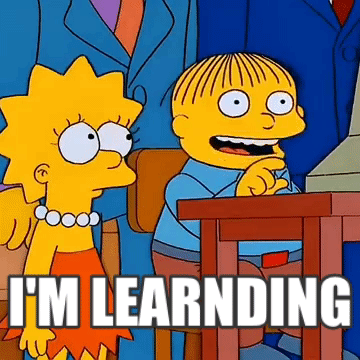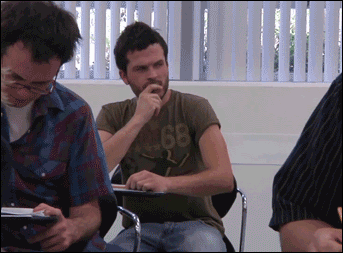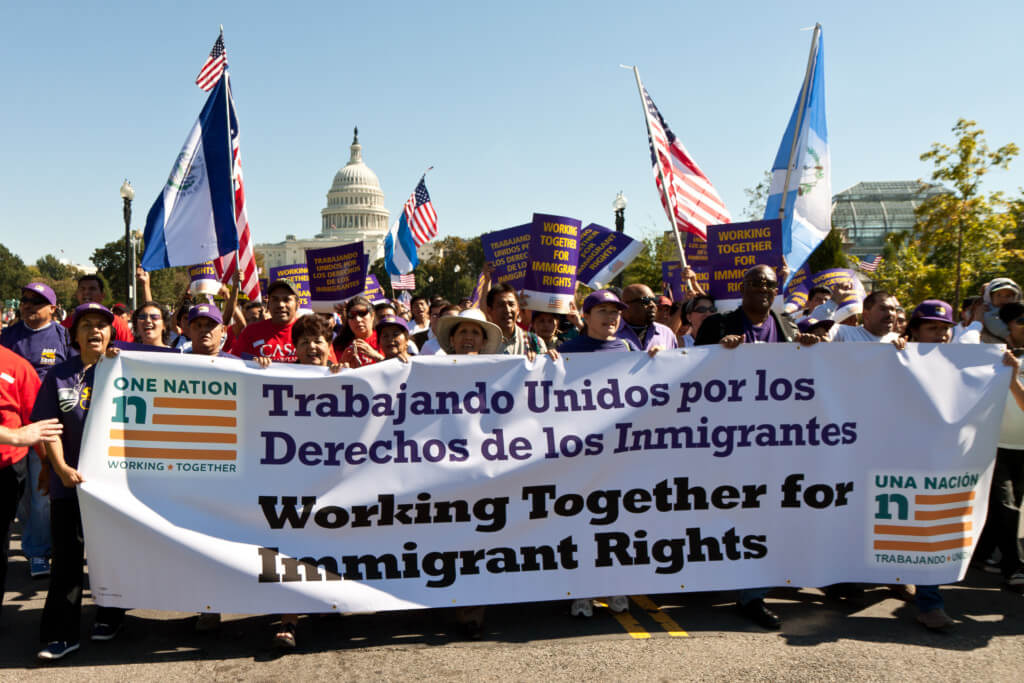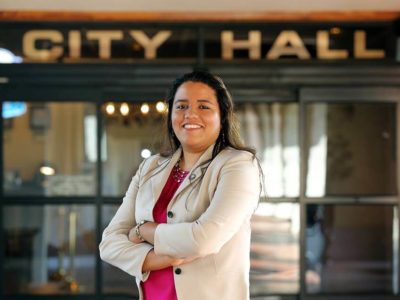After November 8th, everybody made a decision: Stick with Trump, see what happens or resist him to the bitter end. For many students, Trump’s presidency opens up a can of worms that warrant political activism. Even worse? The unemployment rate continues to drop, and the United States inches closer to full employment—a tough sign for graduating students in an already-competitive job market. In order to live in a better and more inclusive world, we need to pay attention to the issues in this country. And for college students, that starts on campus, either through majors or student orgs.
Here are some ways college students can change the current political narrative in the age of Trump.
Get Educated

When it comes to policy anybody can become an expert. Anybody can sit down and read about the history of climate science, education policy, foreign affairs or healthcare policy. Yes, reading those CNN notifications may seem like the easy way to stay up-to-date on the news and policy, but you can educate yourself in other ways. Did you know that your college major can help? It’ll make you an expert in the specific field you study, especially the bits that intersect with politics.
Become a bit of an expert on the issues that interest you. The future education expert and foreign policy pro (that’s you!) should have diverse interests and be passionate about specific issues. “There’s a lot of space for people to apply their policy areas and to educate others about policy. There is so much to be done at the local and state level, where this expertise can go a long way,” said University of California, Los Angeles American Politics Professor Chris Tausanovitch. Getting educated equates to a group project, but unlike high school, everybody needs to put in the work.

For the bioengineering major, when technology becomes an intrinsic part of our lives—more than now—policy issues will arise. This is when bioengineers can show their stuff and aid in our democracy in new, political ways, through biotechnology and privacy policy. When artificial intelligence, bitcoin and international hacking become pervading domestic issues, the computer science major becomes much more important than the political science major. Just look at any movie where the super smart science or tech person helps the main characters save the world. Yep, that can be you, whether you end up working in a think-tank or nonprofit, public office or federal agency. How cool does that sound?
Communications studies, political science and pre-law majors have a clear path into the political arena. Students interested in running a campaign or getting elected into public office should understand interpersonal interactions, how to navigate the political sphere and various legal regulations. “Your message is an art, a science. Understanding how people are going to react to you and what you do—that’s politics. Few are born with it, and most of us have to learn how to do it,” said UCLA Communications Professor Lynn Vavreck, who focuses on campaign messaging and strategy. The political arena better watch out—new students enter every year, ready to make some change.
Get Involved on Campus

This requires energy and motivation. Do not let political parties or polarization dissuade you. The legacy of continued polarization has pervaded this country long enough. For historically marginalized groups, this can be intimidating—I mean, history’s against them, right? But with student orgs, you can get to that level of hugging a liberal or conservative without yelling at each other over politics.
Make sure you attend your club rush or activities fair at the beginning of the year, and explore. Each and every university has a diverse set of communities on campus to become part of. The first step in being politically involved has to be advocacy in communities and on-campus. “[For instance] advocacy is about lobbying as an advocate of the External Vice President’s office, educating students about social justice issues through Disney Social Justice or assisting marginalized groups in the local L.A. community through CCTCU (Connect Californians to Care at UCLA),” said Zahra Hajee, UCLA’s Undergraduate Student Association Council Facilities Commissioner.

For example, at UCLA, students in the “Disney Social Justice” program literally advocate for groups. Bonded by their love of advocacy, members of the group head to the Most Magical Place on Earth with reduced tickets. Sign me up for that. Who says you can’t make a difference in your community and have fun? Capitalize on opportunities like this at the beginning, and the political activism and expertise will surely follow.
Maybe you’re too scared, or you don’t think you can really make a difference. But don’t doubt your own potential and capacity to change your community. The faults in our political system, such as institutionalized racism and discriminatory laws, depend on activists to bring them to the public and change the narrative. College students really contribute to that sense and duty of activism. “Those who seek to create change and improve society, class, and race relations must engage in politics in order to do so,” said UCLA freshman Hanna Almalssi. Take the chance, give it a go. You never know what will happen, or how many lives it will save. You might even surprise yourself.
Don’t want to limit your political involvement to your college campus? Try branching out into your community to gain valuable experience. How? “Participating actively by calling and e-mailing to ensure accountability, volunteering with campaigns and organizations, engaging in issues-based research and performing grassroots activism,” UCLA junior and the Regional Vice Chair of the California College Republicans Haley Nieves said. It doesn’t matter who you are or what you study – local and state politics have a place for everyone. You just have to find where you belong.

Reality check: Most government policies directly affect members of our community one way or another. “I hope that people who experience these events and think about them will remain interested in politics and vigilant of democratic rights, even when the policies are not so aggressive,” said UCLA Professor Miriam Golden, who analyzes political corruption. These effects are long-lasting. The reaction we have, as college students, must be strong, regardless of the policy or political party. The consequences of our voice can only be positive.
Finally, keep in mind that political activism is never temporary for anyone. Even if you work in finance or in the school system, you need to remain involved years after you graduate. Not all college students work in politics after graduation, but staying involved and stepping up in small or big ways never hurts. Take elections, whether they are federal or local, seriously. Put aside your politics, and vote for the right candidate. Donate to causes you deem important, or create a Change.org account to sign important petitions. There’s a place for you—yes, YOU, the computer science, biochemistry or communications major—in the political age of Trump and beyond.



















